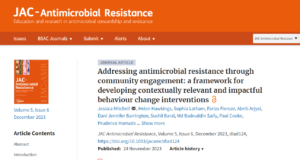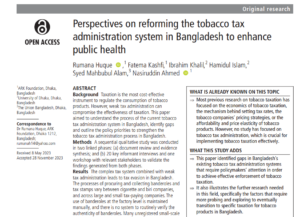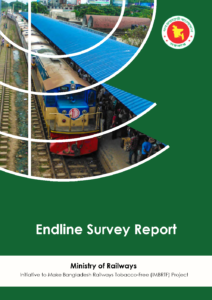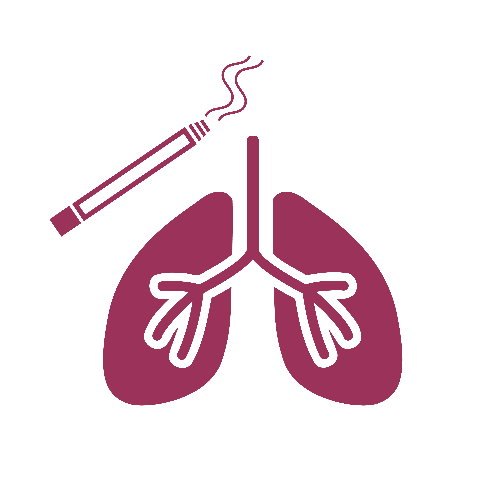Addressing antimicrobial resistance through community engagement: a framework for developing contextually relevant and impactful behaviour change interventions PDF Version | HTML Version
- Published in Journal Article, Resources
No Comments
Taxation is the most cost-effective instrument to regulate the consumption of tobacco products. However, weak tax administration can compromise the effectiveness of taxation. This paper aimed to understand the process of the current tobacco tax administration system in Bangladesh, identify gaps and outline the policy priorities to strengthen the tobacco tax administration process in Bangladesh.
- Published in Journal Article, Resources
Initiative to Make Bangladesh Railways Tobacco Free (IMBRTF) is an endeavor by the MoR to make railway stations and trains tobacco and smoking free. Under this project, ARK Foundation, has conducted this Endline study in 10 model stations which attempts to understand the overall scenario of the implementation of tobacco laws in the railway stations
- Published in Report
Urban Anchal is a study looking at sustainable day-care for 1-4 year olds in disadvantaged urban communities in Dhaka, Bangladesh It aims to address the lack of safe, stimulating and health-promoting environments for adequate early childhood development (ECD). Urban slums provide a challenging environment for child health. With slum-dwelling women working long hours and
- Published in Health Systems, Our Work
The aim of this research is to strengthen civil society in Bangladesh by addressing the challenges faced by civil society organizations (CSOs) and promoting an enabling environment for their work. The project is funded by the Dutch Ministry of Foreign Affairs (MFA) under the Learning for Strengthening Civil Society (L-SCS) program. The research will be
- Published in Our Work
The Tobacco Control Capacity Programme is a £3.4 million programme of training and research funded by Research Councils UK as part of the Global Challenges Research Fund. The overall aim of the programme is to improve research capacity in low- and middle-income countries (LMICs) to conduct high-quality studies that will generate evidence on how to
- Published in Non-Communicable Disease, Our Work
The IMPACT consortium comprises four UK Universities and four partner organizations from Bangladesh, India and Pakistan. Coordinated by the University of York, IMPACT’s UK partners include the London School of Economics and Political Science, UK, University of Keele, UK, University of Dundee, UK, University of York/ Hull York Medical School, UK. Our South Asian partners
- Published in Our Work
Background The Hajj is a massive pilgrimage that occurs once a year, involving two to three million individuals from more than 180 countries. Every year, around 120,000 pilgrims from Bangladesh perform the Hajj. One of the top causes of hospitalisation during the Hajj is acute asthma and its complications. One in five pilgrims with previously
- Published in Health Systems, Our Work
The TB and Tobacco project aims to investigate ways in which interventions designed to encourage people to stop smoking can be integrated into tuberculosis (TB) control programmes. Its ultimate goal is to improve the health and longevity of patients suffering from TB, as well as decreasing the number of people who suffer from tobacco-related
- Published in Communicable Disease, Our Work
For public health services to respond to the growing burden of NCDs among the urban poor, the proper measurement of disease prevalence, risk factors and behaviours is a crucial first step. In low- and middle-income countries (LMICs), household surveys – such as the Demographic and Health Surveys (DHS) programme and the World Health Organization’s
- Published in Our Work








